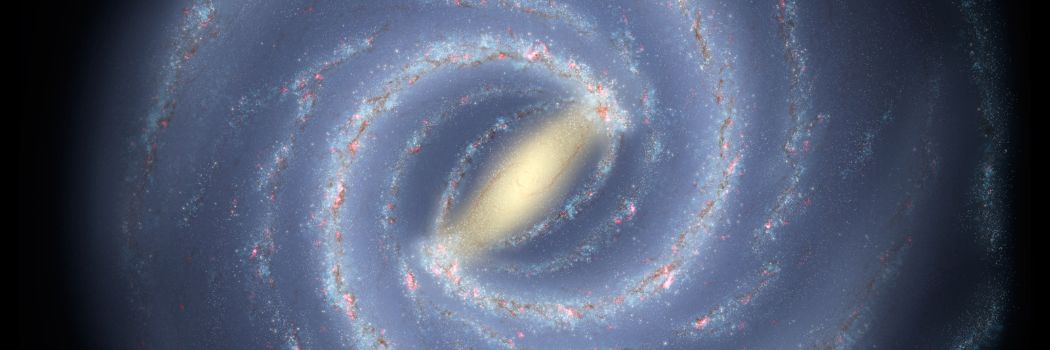
Our astronomers have looked back more than ten billion years in time to find that the Universe's early galaxies developed much faster than scientists previously thought.
Researchers in our Centre for Extragalactic Astronomy led an international team who found evidence of bar formation in galaxies when the Universe was only a few billion years old.
Bars are elongated strips of stars found in disc or spiral galaxies like our Milky Way.
As bars develop, they regulate star formation within a galaxy, pushing gas into the galaxy's central region. Their presence tells scientists that galaxies have entered a settled, mature phase.
James Webb Space Telescope
The research team used the James Webb Space Telescope (JWST) to make their discovery.
Previous studies carried out using the less powerful Hubble Space Telescope had previously been able to detect bar forming galaxies up to eight or nine billion years ago.
But the increased sensitivity and wavelength range offered by the JWST means researchers have been able to see the phenomenon happening even further back in time.
Of 357 disc galaxies observed, the researchers saw that 20 per cent had bars – three to four times more than observed by Hubble.
Rethinking theories about galaxy evolution
The researchers say the fact that galaxies in the early Universe are maturing much faster than thought is a real surprise.
At that stage you would expect the Universe to be very turbulent with lots of collisions between galaxies and a lot of gas that hasn't yet transformed into stars, but our latest research suggests this isn't the case.
This means scientists might have to rethink their theories about galaxy evolution in the early stages of the Universe's formation.






